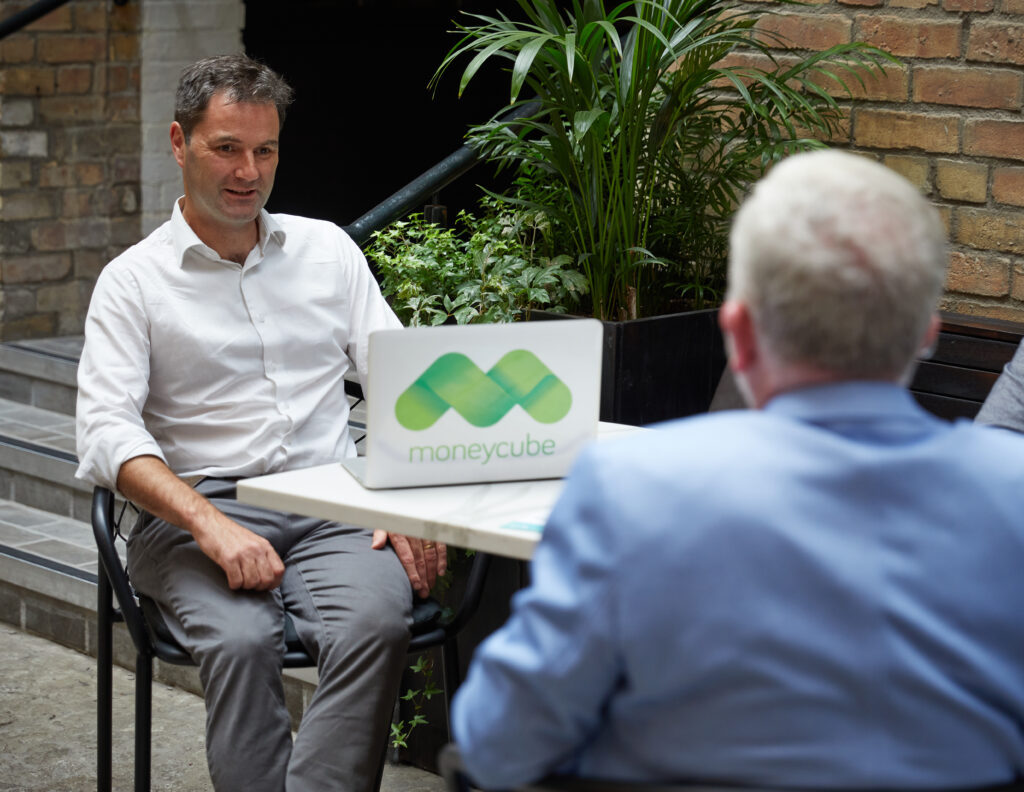It’s been a bad year for my investments. I hold several investment funds and some individual stocks. Overall I’m down more than ten percent. 2023 seems as uncertain as what has gone before. Should I sell my investments, adjust or hold on tight?
– Anon
2022 was a year to forget for almost anyone with money saved in pensions or investments. There was almost nowhere to hide: shares, bonds, property, and even cash lost value. Lots of people reviewing their position at the end of the year will have had a nasty shock.
But investment markets look to the future, not the past. So what’s the outlook from here, and how should you react?
It’s obvious that there is still a lot of uncertainty in the world. In fact, most of this has been baked into the price of investments for some time now.
Consider your timeframe
How you react to recent events depends a lot on your timeframe. For example, if you’re investing with a ten-year horizon, you can afford to take a bad year in your stride.
If you need to lay your hands on this money in the near term, some remedial action may be in order.
Don’t take unnecessary risk
Start by considering if there are unnecessary risks in your portfolio. You mention holding some individual shares. Nothing wrong with that.
But if, say, you hold a bunch of technology stocks only, your portfolio lacks diversification. Consider adding exposure to other sectors – perhaps financial services, healthcare and energy.
What’s the root cause of your losses?
Next, try to understand whether your recent losses represent a temporary period of underperformance, or a more fundamental problem that your investments are simply not appropriate.
If it’s the latter, take action. You need a portfolio which is right for your timeframe, your risk appetite, your financial resilience, and the times we’re in.
If you adjust to the new conditions, and can afford to wait for the recovery, hold your nerve.
Some reasons to be positive for 2023
In particular, here are three rays of hope.
Firstly, inflation is being tamed. Inflation caused the market crash of 2022, and getting it under control is the basis of the recovery.
That won’t happen overnight, and there is no going back to 2021 prices. But it seems probable that in the US and Europe, inflation will fall from the 8-10 per cent range to a more manageable 4-6 per cent range in the foreseeable future.
Secondly, company valuations are now at more sensible levels. In many cases they are now in line with or below historic averages. Shares in Amazon, for example, are now at the same price as mid-2018.
Lastly, company earnings have so far remained surprisingly solid. It might not feel like it from the news every day, but globally, the economy is forecast to grow this year. It’s possible to point to positive economic drivers in all of the world’s major economic zones. From China’s abandonment of its zero-Covid strategy, to falling wholesale energy prices in Europe, to the US’s major climate-friendly economic stimulus in the form of the Inflation Reduction Act, there are tailwinds to growth to counter the well-publicised difficulties.
So… should I sell my investments?
If you’ve calibrated your investments for your timeframe and risk appetite, hold your nerve. Comfort yourself in the knowledge that there will always be good periods and bad in markets. In fact the opening weeks of 2023 have seen some positive moves already. There’s a couple of centuries’ worth of data to suggest that values will recover.
This is adapted from a Moneycube column which recently appeared in the Sunday Times.










